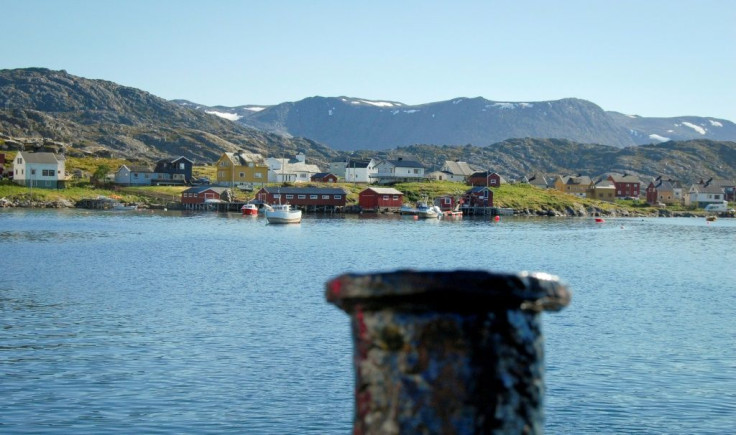Environmentalists Lose New Norway Lawsuit Over Arctic Oil

A Norwegian court on Thursday dismissed an appeal by two environmental groups which had sued Norway for granting new oil licenses in the Arctic.
Greenpeace and Natur og Ungdom (Nature and Youth) had called for the cancellation of exploration licenses granted in May 2016 to 13 oil companies in the fragile Arctic region, saying the concessions violated the Norwegian constitution which since 2014 guarantees the right to a healthy environment.
They argued that new oil activities in the region would be contrary to the 2016 Paris climate accord, which seeks to limit average global warming to under two degrees Celsius (3.6 degrees Fahrenheit) and which Norway has signed.
The Oslo district court had ruled in January 2018 that the licenses were not illegal, a decision upheld unanimously by the appeals court on Thursday.
The plaintiffs said Thursday they would appeal to the Supreme Court, Norway's highest court.
In its ruling, the appeals court found that it was "uncertain that commercial discoveries (of oil and gas) would be made" in the area, rendering purely hypothetical the prospect of potential emissions from future oil and gas fields.
It also noted that the Norwegian oil sector was covered by the European carbon dioxide quota system, which means that production from any future fields in the area would not result in a net rise in emissions.
As western Europe's biggest oil producer, Norway owes much of its wealth to oil and gas.
The case concerned licenses granted for 40 blocs in the Barents Sea, a part of the Arctic that the oil industry considers very promising but where test drilling has been disappointing so far.
Those awarded concessions included the partially state-owned Statoil (later renamed Equinor), US giants Chevron and ConocoPhillips, and Russia's Lukoil.
The case illustrates how the battle against global warming is increasingly being fought in the courts.
In the Netherlands, the Supreme Court in December ordered the Dutch government to reduce its greenhouse gas emissions by 25 percent by 2020, in a landmark case brought by an environmental group.
© Copyright AFP {{Year}}. All rights reserved.





















